Cage4All, a Hampshire-based charity, has been shortlisted for the Daily Mirror’s Pride of Sport Award for their work to make sport more accessible to marginalised groups, including those with dementia. Researchers from Bournemouth University’s Dementia Institute have been involved in evaluating the effects of Cage4All’s work.
Cage Cricket allows small groups of people to take part in a modern twist on the game of cricket, which sees every player rotate around the pitch to take on the role of batter, bowler, fielders and umpire. The game takes up much less space than traditional cricket and its structured approach makes it easy to learn.
Bournemouth University’s Dr Rick Fisher and Dr Ben Hicks, Lecturer in Health Psychology, have been working alongside the charity to evaluate their work with people with dementia.
“We were originally approached because of Dr Hick’s PhD project which explored the use of technology clubs for men with dementia in rural areas,” says Dr Fisher, “Dr Hick’s research showed the benefits of both the activity and the social contact. He discovered that most social clubs tend to be aimed at women, so we were really interested to find out how sporting activities might help men with dementia.”
“We ran a small pilot study with people who had quite advanced dementia, who we initially thought would struggle to get something out of the project because of the difficulties they face,” explains Dr Fisher, “However, we were very quickly proved wrong as the people involved were able to take part in the game and showed signs of enjoying themselves. We had a lot of positive feedback from carers who could see that it was making a difference.”
Simon Young, Managing Director of Cage4All noted “To see someone with a severe diagnosis taking the ball between his fingers, to ensure that the seam of the ball is correctly lined up, as he would have been taught sixty years ago, is a quite stunning sight. To see groups having the opportunity to take part in physical recreation within a safe and structured environment has established a ground-breaking community partnership through Cage 4 All which can provide hope and opportunity for communities across the UK.”
The team hope that the ideas they have been able to draw from this pilot project will enable them to carry out further research into the benefits of sport for people with dementia.
“It was very encouraging to see that those involved in the game appeared to be able to learn new rules and skills and seemed to enjoy the role of umpire, where they were able to take charge of other players,” says Dr Fisher, “In future projects, we’d like to be able to see how this kind of activity makes a difference in people with dementia over a longer period.”
The Daily Mirror’s Pride of Sport Awards take place on 7 December.
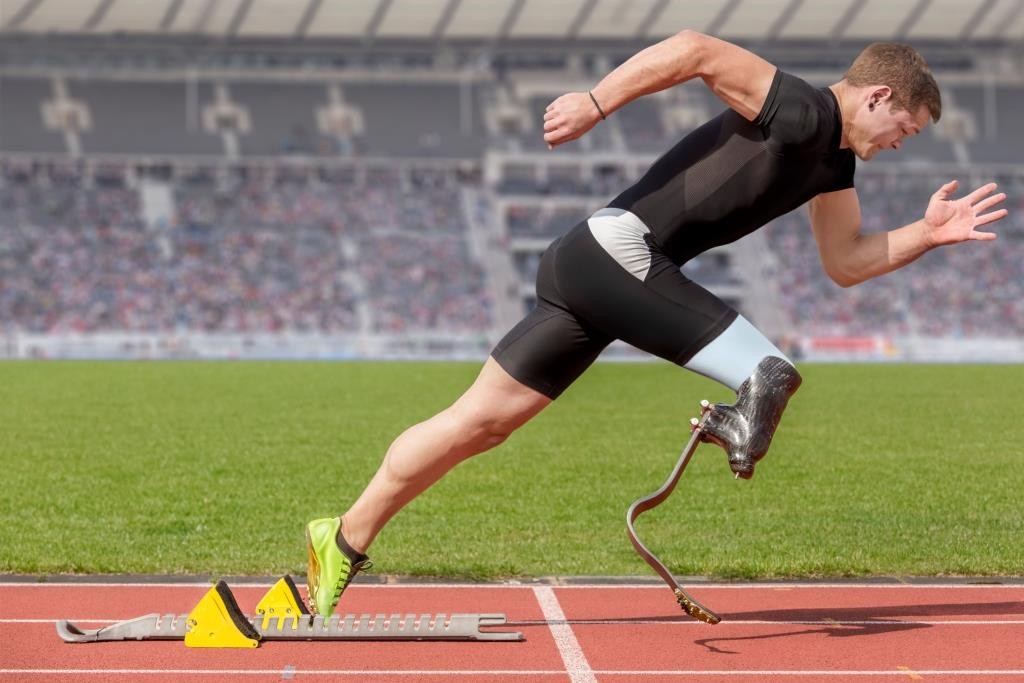
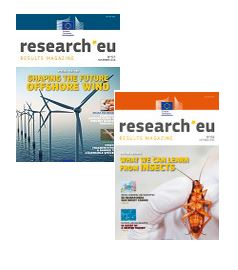
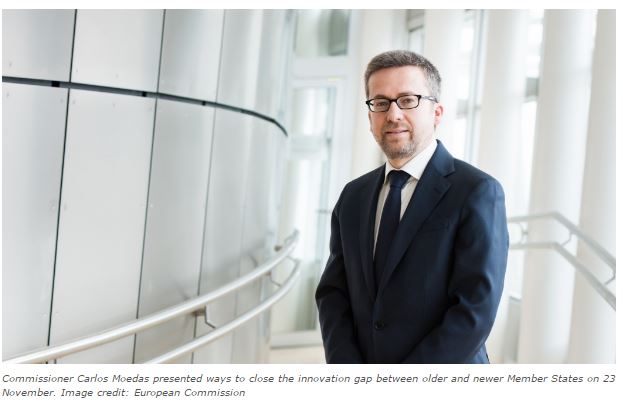
 The
The  Bournemouth University researchers
Bournemouth University researchers 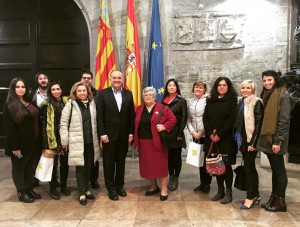
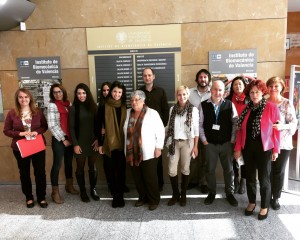
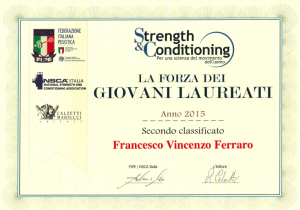
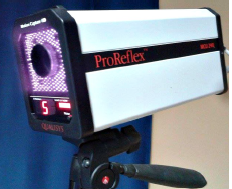 using a system of 8 QTM cameras and a force plate, I measured the effect of different tasks upon the static balance in 20 young volunteers.
using a system of 8 QTM cameras and a force plate, I measured the effect of different tasks upon the static balance in 20 young volunteers.
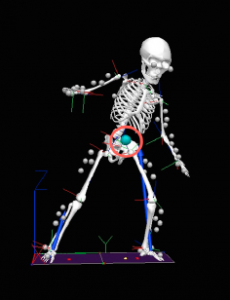 Special thanks go to the people who helped me at the
Special thanks go to the people who helped me at the  In his Autumn Statement on Wednesday the Chancellor of the Exchequer, the Rt Hon Philip Hammond MP, outlined a new National Productivity Investment Fund (NPIF) that will add an extra £2 billion a year for research and development by the end of this Parliament.
In his Autumn Statement on Wednesday the Chancellor of the Exchequer, the Rt Hon Philip Hammond MP, outlined a new National Productivity Investment Fund (NPIF) that will add an extra £2 billion a year for research and development by the end of this Parliament.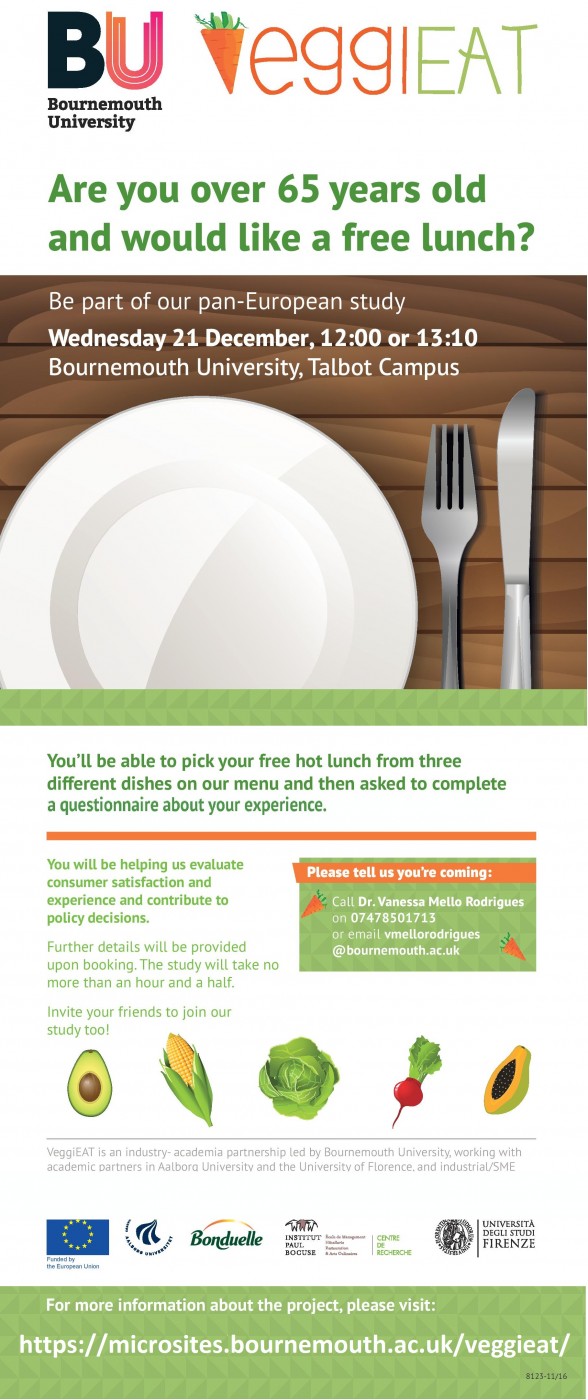


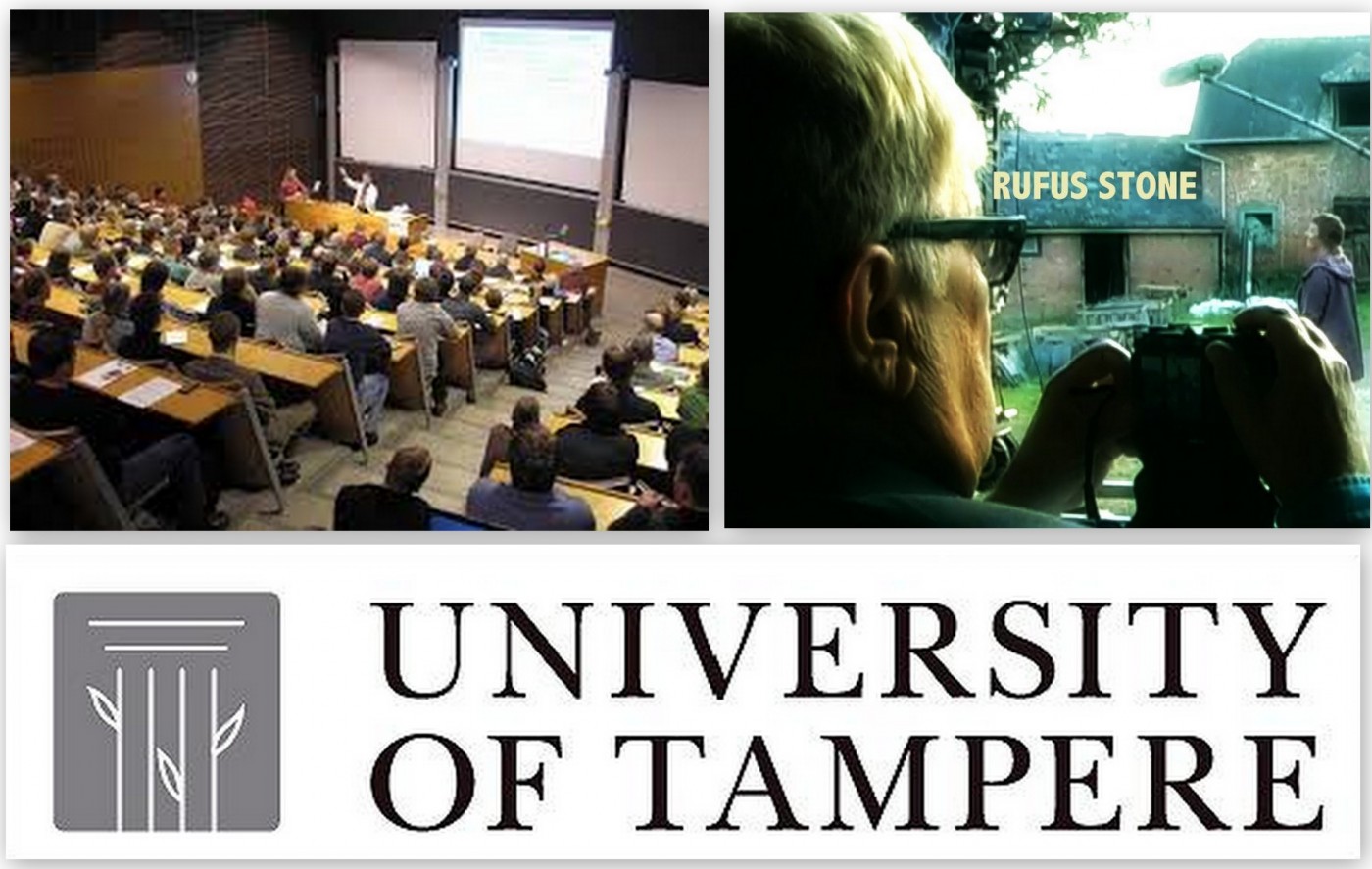

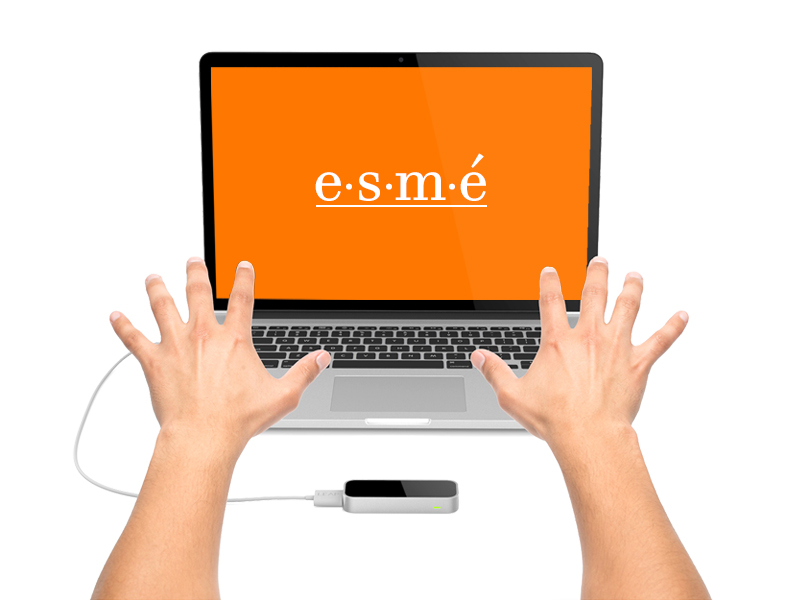













 Read and sign up to BU’s Policy Influence Digest
Read and sign up to BU’s Policy Influence Digest Upcoming opportunities for PGRs – collaborate externally
Upcoming opportunities for PGRs – collaborate externally BU involved in new MRF dissemination grant
BU involved in new MRF dissemination grant New COVID-19 publication
New COVID-19 publication MSCA Postdoctoral Fellowships 2024
MSCA Postdoctoral Fellowships 2024 Horizon Europe News – December 2023
Horizon Europe News – December 2023